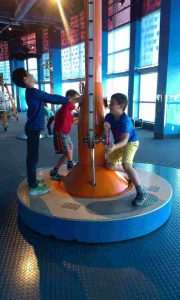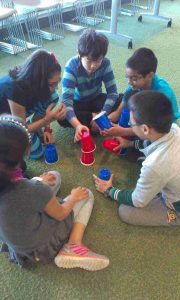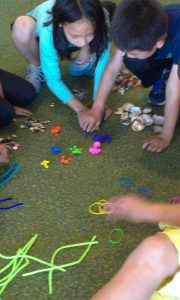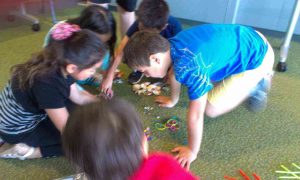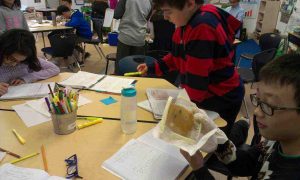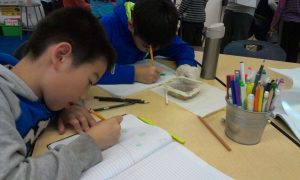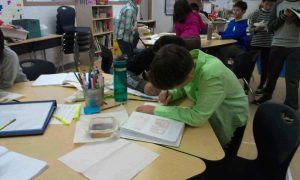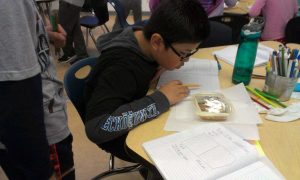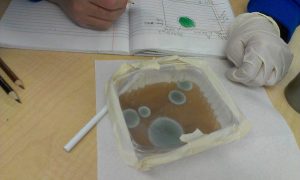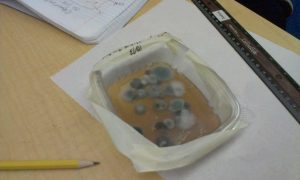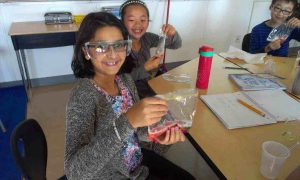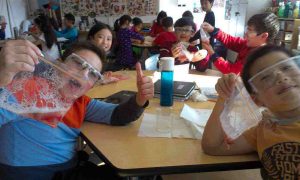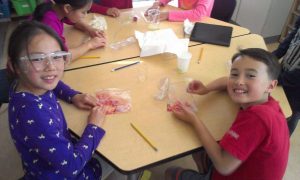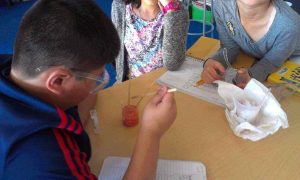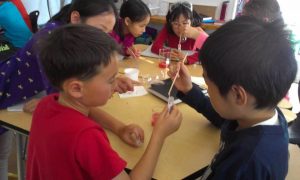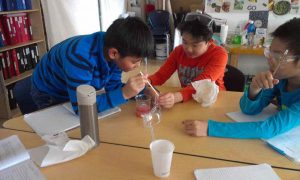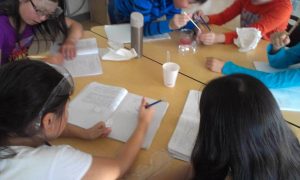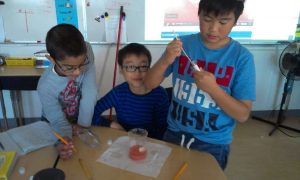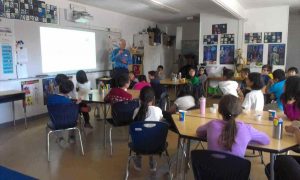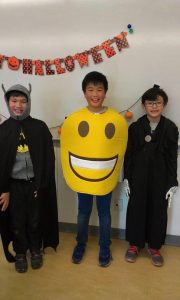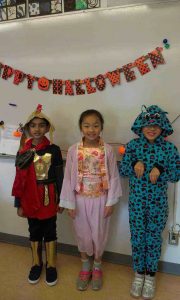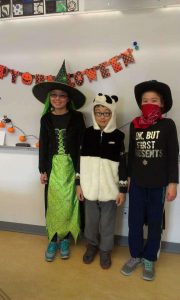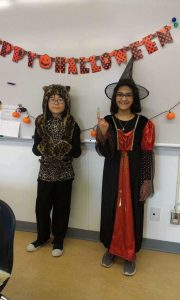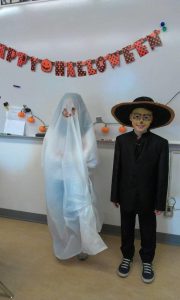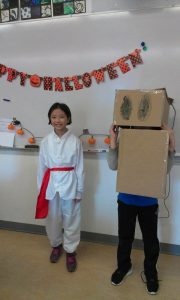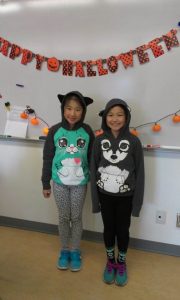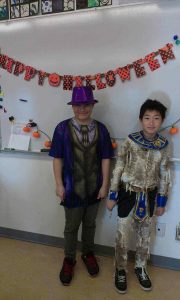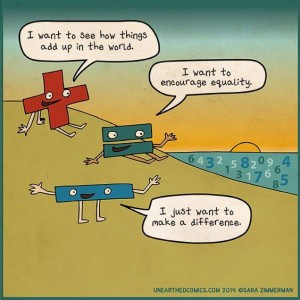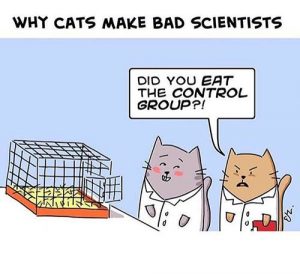New Unit! Machines and Technology!
Hello Everyone!
We started a new unit last week, so here are some details to share at home!
Unit Focus Statement: People use their understanding of natural laws to create technologies that have an impact on our world.
Areas of Inquiry Nov-Dec:
- Scientific forces behind machines
- The role machines play in our lives
- Social change as a result of technology and machines
- Innovation and creative thinking
- Math Makes It Work: Measurement, Perimeter, Area, Mechanical Advantage
- Using technology to learn languages and to share physical education ideas
We also have some continued work going on!
- Thank you to everyone for the beautiful Remembrance Day POPPY art made with charcoal and acrylic paint. They are hanging in both the primary and intermediate hallways of the school, and Ms. D is planning to put pictures of some of them on the blog soon. Thank you, too, for our wonderful poppy wreath made with a quilling paper technique! We will use this art technique again!
- TED TALKS! Everyone began transferring their written drafts to Google Docs today. After typing, self-editing, and peer editing, then the final drafts will be due to Ms. D on Friday afternoon. Presentations will be Thursday, November 23rd, so start practicing as soon as yours is written.
- MATH SURVEYS! Everyone has their questions 1-10 done, and tomorrow we will transfer them to Google Forms if anyone is not already finished. Once complete, groups will share a link with Ms. D for distribution of the surveys. This project will allow everyone to show their data collection and analysis skills from the first unit for assessment.
- BC Core Competencies — COMMUNICATION: This week you will see a form come home for students and parents to reflect on communication skills, so stay tuned!
- CLASS MEETING: As we continue to work on class communication, we had a meeting to revisit the essential agreements we made together at the beginning of the year. We chose to rewrite them after a group reflection on how the first two months in MACC have been, so we can strengthen our community overall. Everyone created stickman drawings of the 12 agreements, which are now posted in the classroom to remind us of what kind of class community we want to have in MACC 4/5.
- MATH FROM UBC: Ms. Melania Alvarez from UBC Mathematics came to visit today and taught us a lesson on pentaminoes (which was really a fun activity to begin learning about things like perimeter, area, geometry, and more.) We had a great time and the end activity was very challenging! Thank you to everyone for your enthusiasm.
REMINDERS:
- Caribou Math on Thursday afternoon. Everyone has paid, so we are all set for everyone to participate.
- Please bring runners on Monday, Wednesday, and Fridays, even when there is bad weather, so we can do gym inside!
- Library Books are always due on Wednesdays, our library day.
- Optional math activities I gave you to do over the weekend are due by Friday if you want a prize. The Diseases challenge is due tomorrow morning, though, as we will mark it together.
- We will definitely still do the rock art as planned (we just took a break to do Remembrance Day art activities) so give your rock to Ms. D if you have it so she knows we have enough. We will plan to do this on Monday.
- FYI, if you have paper towel and toilet paper rolls, please save them in a bag and bring them in when Ms. D asks for them in next two weeks. We are going to be doing a lot of building!
- FYI, we will be doing messy art over next little while, so please bring a paint shirt on Mondays if it is a concern for you. Some of the black ink we will use 2 weeks from now is hard to get out of clothes.
- PRO-D Day on Friday, November 24th.
Have a great week!
Ms. D

